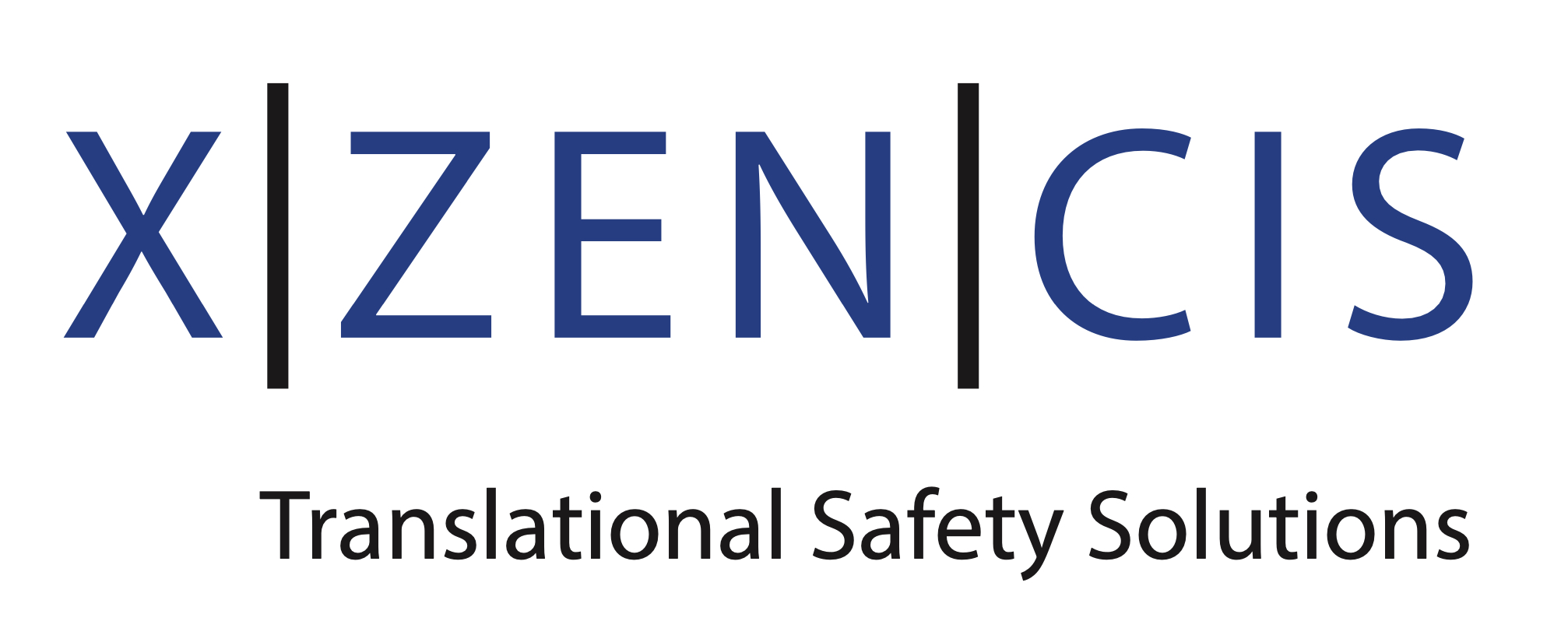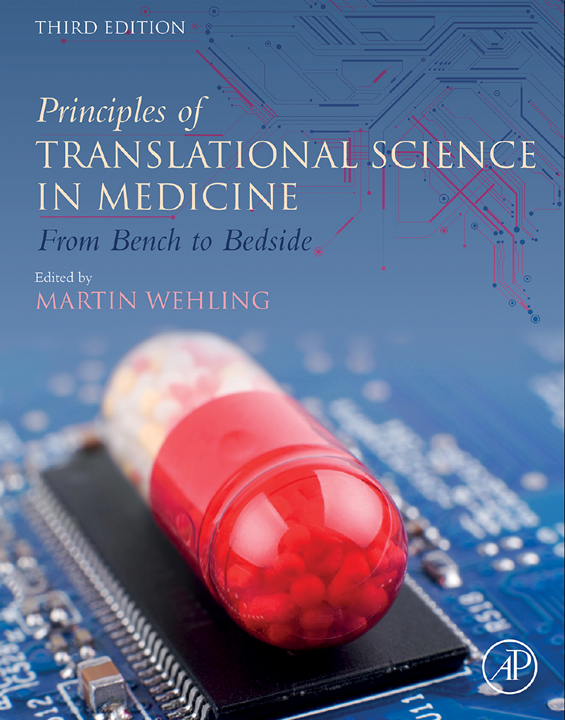By Xzencis AB
A Framework for Translational Safety Medicine
Xzencis AB specializes in providing an integrated, translational approach to safety, with particular focus on planning and executing the various transitions from the pre-clinical space (laboratory bench) into humans and the clinic (bedside).
Many pharmaceutical companies struggle with defining the goals and objectives of Translational Safety Medicine (TSM), even within a pharmacovigilance/patient safety context. Therefore Xzencis offers this overview of the fundamental goals and elements of this emerging and vital discipline.
Defining Translational Safety
Practicing Translational Safety Medicine in building, optimizing, and managing a pharmaceutical product’s safety value chain from cradle to grave, is a strategic concept. This means it is a means to an end, rather than an outcome.
A basic dictionary definition of strategy is: “a plan of action designed to achieve a long-term or overall aim”. A strategy without clear goals and objectives is an oxymoron.
Translational safety objectives and goals must be tangible and concrete enough to guide those executing the strategy. Objectives that are too broad (e.g., “safest products in the industry,”) lack adequate guidance, while those that are too limited (e.g., “safety attritions reduced by 50%”) risk missing out on other important aspects.
A four dimensional framework
Part 5 of the book “Principles of Translational Safety Medicine: From bench to bedside”1 includes two chapters on ‘Toxicology in Translation’ and ‘Translational Safety Medicine’, co-authored by Xzencis founder and CEO Dr. Steffen Ernst. The latter proposes a four-dimensional objectives framework as a guiding principle for building and executing a Translational Safety strategy.
The four dimensions involved are:
- People dimension: Minimization of risks for healthy volunteers in clinical trials. Maximization of benefit/risk ratios for patients.
- Clinical trial dimension: Documented safety-focused design, conductance and reporting addressing all relevant safety concerns to date ensures best value from clincial trials.
- Program dimension: Documented proactive, objective-driven, optimized safety profile development and informed safety-related termination at the earliest opportunity extracts the best value from the portfolio.
- Corporate dimension: At the boardroom level, TSM protects the company’s reputation, license-to-operate, and from safety-related litigation.
TSM benefits
If all four dimensions are appropriately served, healthy volunteers and patients are protected while the quality of the products and portfolio is enhanced. Finally, the company is well protected from safety-related litigation and attacks on its reputation. Appropriately documented, the company can prove adequate safety diligence at any time and to anyone.
Xzencis AB can help any company, both small or large, to build respective constructs and strategies.
Reference
Ernst, S.W., Knight, R., Royle, J., Stephenson, L., 2021. Chapter 23 – Translational safety medicine, in: Wehling, M. (Ed.), Principles of Translational Science in Medicine (Third Edition). Academic Press, Boston, pp. 281–303. https://doi.org/10.1016/B978-0-12-820493-1.00015-5
Resources
Click on Principles of Translational Science in Medicine: From Bench to Bedside for book details.



















